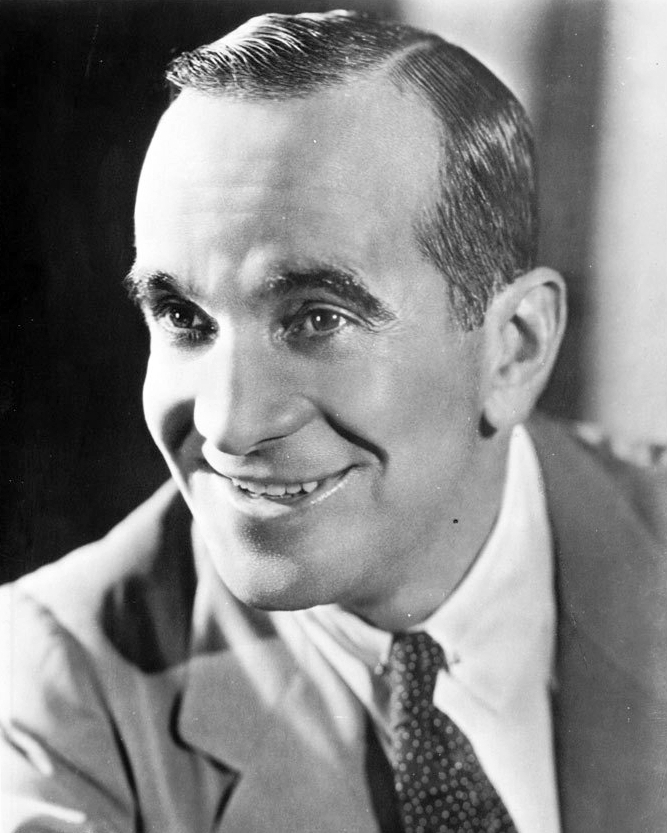Al Jolson — Music Videos
Play All Al Jolson tracks
Musical Style
Al Jolson's musical style is a vibrant blend of jazz, pop, and ragtime, reflecting the diverse cultural milieu of the early 20th century. Known for his powerful, emotive voice, his performances were imbued with a theatrical flair that set him apart from his contemporaries. Jolson was a master at engaging his audience, often breaking the fourth wall to interact directly with his listeners. His repertoire was wide and varied, from soulful ballads like "Sonny Boy" to lively numbers such as "California, Here I Come". His iconic rendition of "Mammy" remains a testament to his vocal prowess and his ability to evoke deep emotions.
Career Highlights
Jolson's career was one triumph after another, beginning with his debut on Broadway in 1911. He quickly became one of the highest-paid performers of his time. His 1927 film, "The Jazz Singer", was the first feature-length talking picture, a technological marvel that revolutionized the film industry. Jolson's music was central to the film's success, his voice being one of the first ever heard in a talking picture. He had a string of hit records, including "Swanee", "April Showers", and "Rock-a-Bye Your Baby With a Dixie Melody". His career spanned over four decades, during which he released over 80 albums, an unprecedented achievement for his time.
Cultural Impact
The charismatic entertainer's impact on music and culture was profound. He was instrumental in bringing jazz and ragtime to mainstream audiences, helping to pave the way for the Swing Era. His dramatic, emotive style of singing would influence a new generation of performers, including Frank Sinatra and Elvis Presley. However, Jolson's use of blackface, a practice common in his time, has been a source of controversy. While it reflected the racial prejudices of the era, it also served as a platform for introducing African-American musical styles to wider audiences. Despite the controversy, there's no denying his significant contribution to popular music. The legacy of Al Jolson lives on, a testament to his enduring influence on the world of entertainment.
Other Artists
Discover more voices we think you'll enjoy right now.






